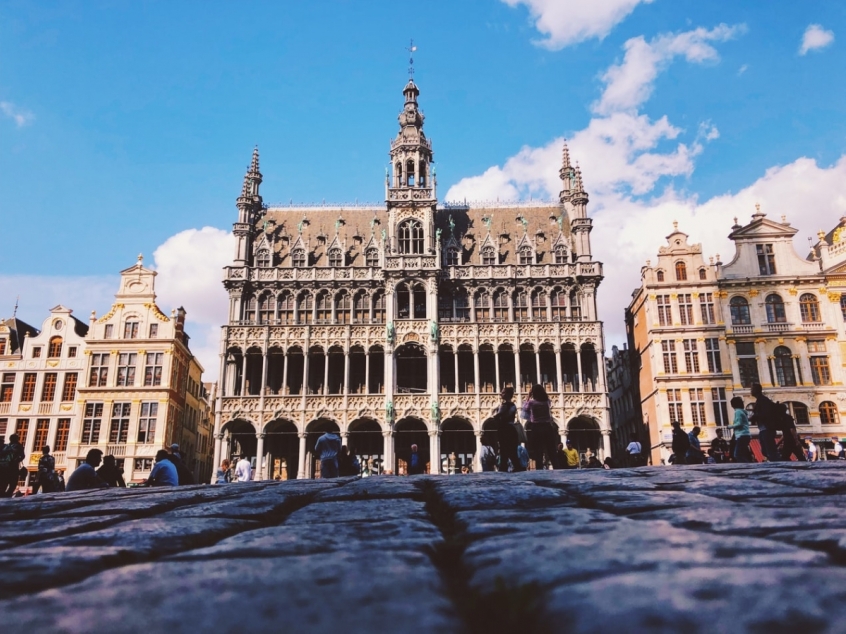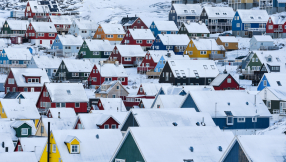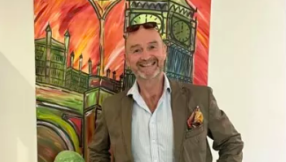
Thousands of people have died by euthanasia and assisted suicide since being legalized in the Netherlands and Belgium.
Both countries introduced euthanasia and assisted suicide laws in 2002, although Belgium's go further in allowing children and people with psychiatric conditions to be eligible.
Data from the Institute for Medical Anthropology and Bioethics in Vienna shows that since then, there has been a surge in people dying this way in Belgium, from just 24 in 2002 to 2,656 in 2019.
The figures are even higher in the Netherlands, rising from 1,882 to 6,361 in the same period.
Antonia Tully, of the Lives Worth Living Campaign by the Society for the Protection of Unborn Children (SPUC), said that "each death is a tragedy".
"It is sad that people see death as the solution to their problems. But this is how people start to think once euthanasia has been legalised," she said.
She raised concerns that some people may be choosing to end their lives to avoid being a burden on their families.
She cited 2018 data from Washington State in the US - where assisted suicide is legal - which found that over half (51%) of people who were killed in this way did so because they felt they were a burden on family, friends and caregivers.
"There is a creeping culture of death spreading around the globe as euthanasia laws are passed in one country after another," she said.
"During 2020, New Zealand, Spain and Portugal all passed bills to allow assisted suicide. Here in Britain, we must resist all attempts to normalise this dangerous practice and instead promote a society where each human life is valued and respected."













